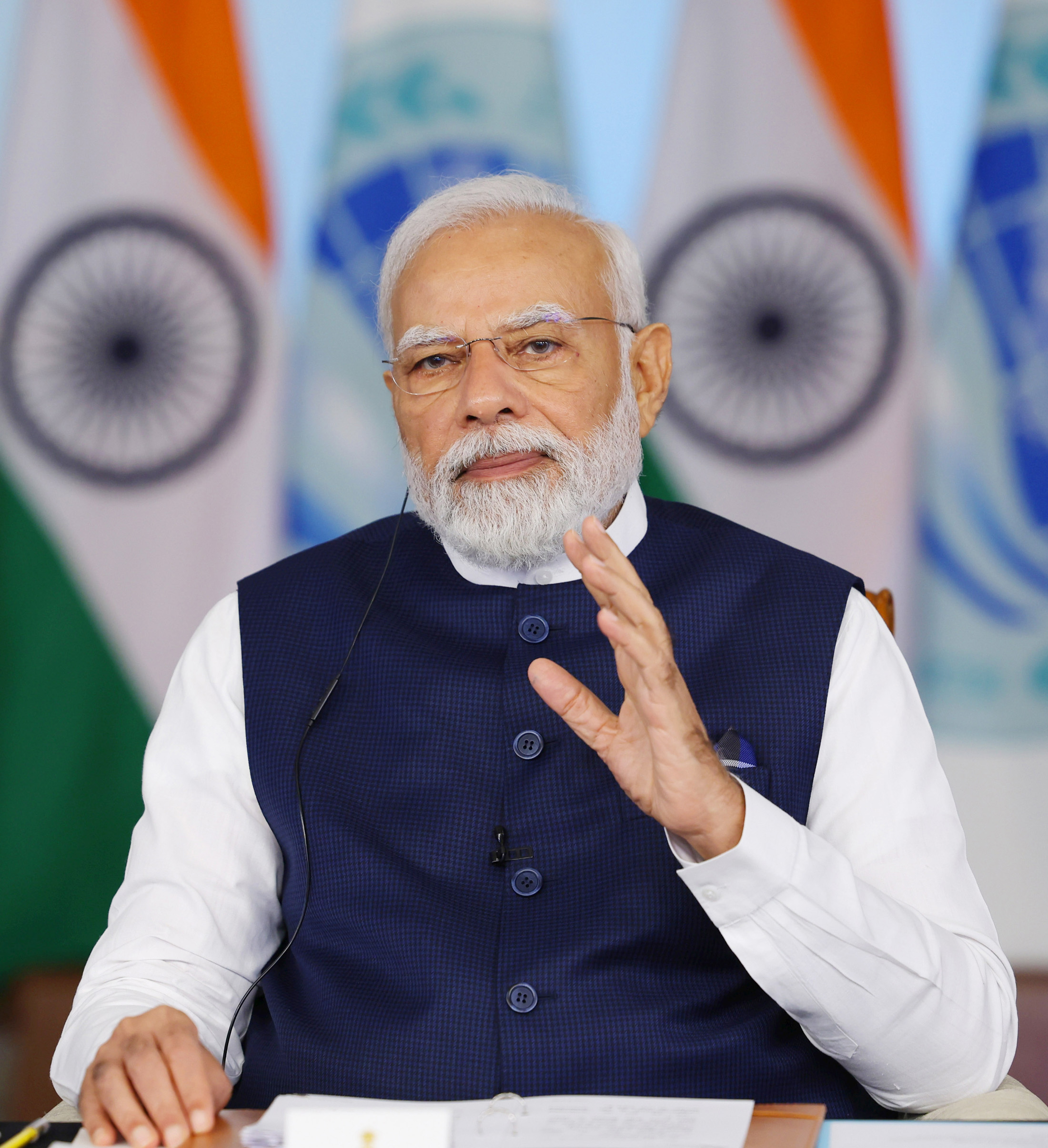Why liberals hate Trump
Ravi Shanker Kapoor | January 23, 2017 11:20 pm

Intellectuals supported natural origin of coronavirus theory because former US president Donald Trump had said that the virus had escaped from a Wuhan lab
Right from Day One, President Donald Trump is being hauled over the coals. In fact, from his inaugural address. The liberal establishment’s verdict on the address was sprinkled with such terms as ‘Islamophobia,’ ‘populism,’ and ‘nationalism.’ Needless to say, the lords and masters of public discourse have not noticed, or refused to recognize, the elements of libertarian thought and the essence of Americanism in his speech.
Trump said that his ascension “has very special meaning because today we are not merely transferring power from one administration to another—but transferring it from Washington DC and giving it back to you the people.” Now this may sound like one of the many Arvind Kejriwal fulminations, but it was not; it was his disdain for the political, business, and intellectual elites in liberal democracies who fatten each other at the expense of the man in the street and small entrepreneurs. It is an incestuous coterie that plays revolving-door games. They could be Davos men and women, or the tycoons, academics, politicians, and media Brahmins who pontificate at the unending conclaves organized by various event managers in India.
The interests of these grandees often lie in transnational arrangements, and are sometimes in conflict with the needs and aspirations of ordinary citizens. Though laced with nice-sounding concepts like empowerment, gender justice, and bottom of the pyramid, the results are generally networking and lobbying. Over the years, the terms of engagement among the masters of the universe are determined by the Left-liberal academics and the mainstream media; this, in turn, transforms such platforms into echo chambers. Those not abiding by the canons of such discourse are maligned as racists, bigots, xenophobes, Islamophobes, etc. It is interesting to note that the professors and intellectuals on the Left are rarely, if ever, maligned, whereas those on the Right are almost invariably attract disparaging epithets. This is despite the manifest failure of socialism all over the world.
Trump has challenged these clubs. “For too long, a small group in our nation’s Capital has reaped the rewards of government, while the people have borne the cost. Washington flourished—but the people did not share in its wealth. Politicians prospered—but the jobs left, and the factories closed.” This, by the way, is also true for India: while politicians and toady intellectuals flourish, people find it difficult to maintain their living standards.
“The establishment protected itself, but not the citizens of our country,” the new American President told his countrymen and women. “Their victories have not been your victories; their triumphs have not been your triumphs; and while they celebrated in our nation’s capital, there was little to celebrate for struggling families all across our land.”
The elites in the US, and elsewhere, are terrified by such anti-statist ideas. For the elites are comfortable with the doctrines conjured up to combat ‘market failures,’ the theories that increase government regulation, and the notions that seek to curtail free speech in the name of countering a fictitious entity called ‘hate speech.’
Make no mistake about it: Trump is not relentlessly castigated by opinion makers because he favors protectionism; his predecessor, Barack Obama, too was a protectionist. Trump is slammed because he (intuitively) challenges the basic postulates and premises of the liberal theology which are upheld zealously by the likes of Obama.
In his inaugural address in 2009, President Obama said, “For we know that our patchwork heritage is a strength, not a weakness. We are a nation of Christians and Muslims, Jews and Hindus, and non-believers. We are shaped by every language and culture, drawn from every end of this Earth…” (emphasis added). The Indian analogue to this interpretation is “caravan baste gaye, Hindustan banta gaya…”
This understanding of America is an anathema to conservatives whose thoughts Trump often expresses—instinctively rather than intellectually; the fact, however, remains that he is the most forceful Rightwing politician to express these thoughts and feelings. In his book, Who Are We? The Challenges to America’s National Identity, Samuel P. Huntington wrote defined the American Creed as epitome of the principles of “liberty, equality, individualism, representative government, and private property.” He wrote, “Would America be the America it is today if in the 17th and 18th centuries it had been settled not by British Protestants but by French, Spanish, or Portuguese Catholics? The answer is no. It would not be America; it would be Quebec, Mexico, or Brazil.”
Huntington also disputes the view that America is a ‘melting pot.’ He defines it as tomato soup instead, new ingredients spicing up the soup without making it anything different. “Contributions from immigrant cultures modified and enriched Anglo-Protestant culture of founding settlers. The essentials of that founding culture remained the bedrock of the US identity, however, at least until the last decades of the 20th century.”
But massive immigration from Mexico is different. “As their numbers increase, Mexican Americans feel increasingly comfortable with their own culture and often contemptuous of American culture,” Huntington wrote. He was also unambiguous about the substance and salience of America. “The American Creed is the unique creation of a dissenting Protestant culture.”
Needless to say, this is abhorrent to the high priests of multiculturalism. And when a politician espouses this abhorrence, it becomes positively diabolical. Hence the liberals’ pathological hatred for Trump.






























